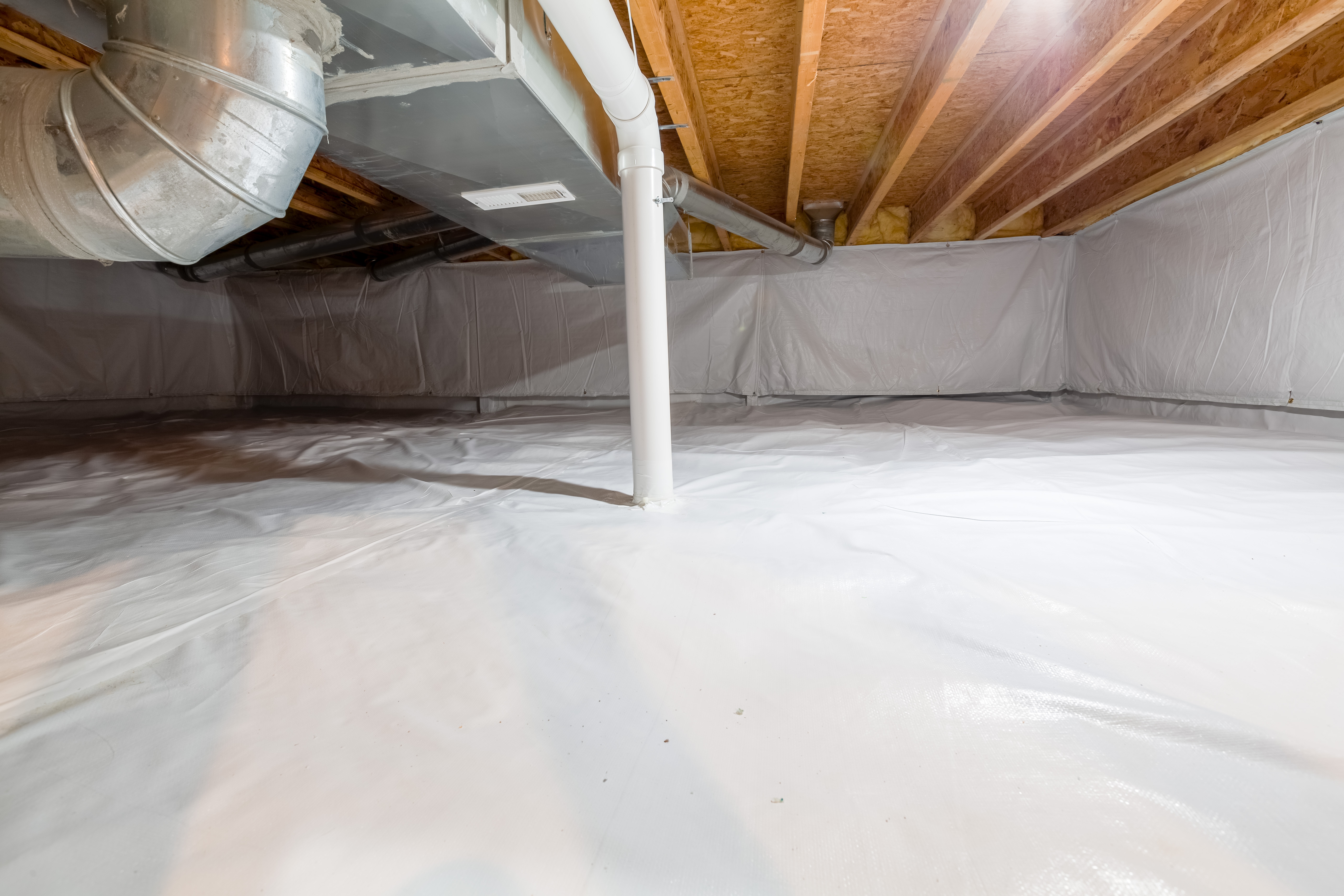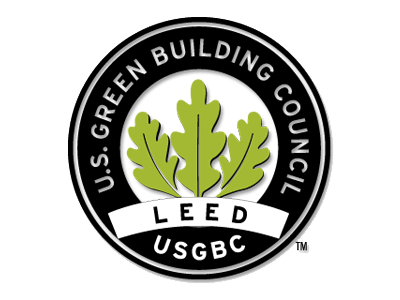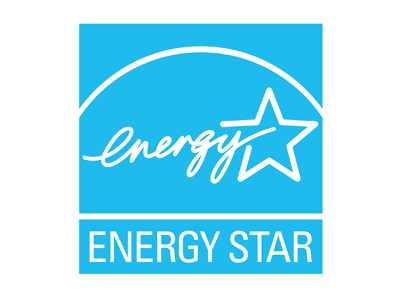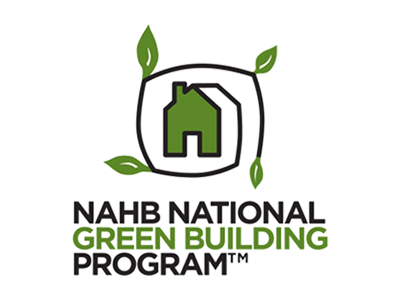- >CALL ☎
- >TEXT 💬
Crawlspace Insulation

Crawlspace Insulation
Transform Your Home from the Ground Up
Healthier Air, Lower Bills, Lasting Comfort.

Most homes older than five years likely need more insulation to meet current efficiency standards. Upgrading to new, ENERGY STAR qualified insulation can reduce your home's annual heating/cooling utility bill by up to 20%*

Crawlspace Encapsulation
Learn more about our crawlspace insulation process.
Comprehensive Assessment & Consultation
Our process begins with a thorough inspection of your crawl space. We evaluate its current condition, identify any existing insulation issues, assess moisture levels, look for signs of pests or mold, and determine if it's vented or unvented.
We'll discuss your concerns, explain the findings, and outline the best insulation strategies tailored to your home's structure, local climate, and your specific goals (e.g., warmer floors, moisture control, energy savings).
Schedule NowAddressing Moisture & Preparing the Space
Before any insulation is installed, it's crucial to address any existing moisture problems. This may involve:
Moisture Control: Laying down a heavy-duty vapor barrier (typically a thick polyethylene liner) across the entire crawl space floor to prevent ground moisture from entering the space. This is a critical step, especially for encapsulated crawl spaces.
Clean-up: Removing any debris, old insulation, or mold (if present and within our scope) to prepare a clean work area.
Drainage/Sump Pumps (if needed): Recommending and, if necessary, installing solutions to manage standing water or excessive ground moisture.
Sealing Air Leaks (Air Sealing)
One of the most impactful steps is air sealing. We meticulously identify and seal all air leaks, gaps, and penetrations in the crawl space that connect to the outside or to the living space above. This includes sealing rim joists, foundation penetrations, and any gaps around plumbing or wiring.
Air sealing works hand-in-hand with insulation to prevent unconditioned air and humidity from entering your home.
Installation
Based on our assessment and your chosen solution, we proceed with the insulation installation. This might involve:
For Vented Crawl Spaces (Insulating the Floor Joists): Installing insulation (e.g., fiberglass batts, mineral wool) securely between the floor joists directly beneath your living space. A proper facing (vapor retarder) will be placed towards the conditioned space to manage moisture.
For Encapsulated/Sealed Crawl Spaces (Insulating the Walls): Applying rigid foam boards, spray foam, or other suitable insulation directly to the perimeter foundation walls of the crawl space. This method brings the crawl space into your home's conditioned envelope, allowing it to stay drier and more temperate. We also insulate the rim joists (the band boards around the perimeter) for a complete seal.
Adding Ventilation & Dehumidification (for Sealed Crawl Spaces): Actively control humidity levels and maintain a healthy environment.
Get Estimate6 Benefits of Crawlspace Insulation
Lower Energy Bills
By preventing heat loss or gain through the floor, insulation significantly reduces the workload on your HVAC system, leading to noticeable savings on heating and cooling costs.
Enhanced Structural Integrity
Controlling moisture and preventing mold growth helps protect the wooden structural components of your home from deterioration, contributing to the long-term integrity and stability of your foundation.
Pest Deterrence
By sealing off entry points and creating a less hospitable environment (drier, less accessible), insulation can help deter pests like insects and rodents from entering and living in your crawlspace.
Moisture Control
Insulation, especially when combined with a vapor barrier and encapsulation, effectively reduces humidity levels, protecting your home's structure from moisture-related damage like rot and warping.
Improved Indoor Air Quality
A properly insulated and sealed crawlspace helps control moisture, which minimizes the risk of mold, mildew, and musty odors that can otherwise infiltrate your living space.
Increased Home Comfort
It eliminates cold or damp floors and reduces drafts, creating a more consistent and comfortable temperature throughout your entire home.
Free Estimates |
Discover your insulation options with a no-cost, in-home visit from one of our licensed specialists. Our estimates include fair, upfront pricing with no hidden costs and a realistic project timeline. We'll email your comprehensive estimate directly to you.
Frequently Asked Questions
Most building science experts now recommend sealing/encapsulating your crawlspace over leaving it vented, especially in humid climates.
Vented crawlspaces can bring in humid air, leading to moisture issues, mold, and pest problems. Encapsulation, combined with wall insulation and often a dehumidifier, creates a drier, healthier, and more energy-efficient space.
Yes, significantly! Insulating the crawlspace, particularly the floor directly under the living space (between the joists) or by encapsulating the crawlspace and insulating the walls, prevents cold air from rising into your home. This leads to noticeably warmer and more comfortable floors.
You might need to address your crawlspace insulation if you're experiencing high energy bills, especially for heating, or notice cold or damp floors and drafts coming up from below. Other warning signs include musty odors in your home or crawlspace, visible mold or mildew, sagging, wet, or missing insulation between floor joists, or increased pest activity in the area.
Insulating your home isn't just about staying warm or cool; it's a smart investment with a wide range of advantages:
Comfort: Good insulation acts as a barrier, keeping your home warmer in winter and cooler in summer. It eliminates annoying drafts by sealing air leaks, ensuring a consistent and more comfortable living environment year-round.
Significant Energy and Cost Savings: By drastically reducing heat transfer, insulation minimizes the workload on your HVAC system. This means lower energy consumption and significantly reduced utility bills. Your heating and cooling systems will run more efficiently, potentially extending their lifespan and cutting down on maintenance costs.
Environmental Impact: Using less energy directly translates to lower carbon dioxide emissions, contributing to a healthier planet and fighting climate change. Many insulation products also promote sustainability by being made from recycled materials or natural, renewable fibers.
Health and Indoor Air Quality: Proper insulation helps manage moisture, which reduces the risk of mold growth and promotes cleaner indoor air for everyone in your home. Plus, many insulation materials offer soundproofing benefits, creating a quieter, more peaceful living space by blocking outside noise and reducing sound transfer between rooms.
Home Value and Safety: A well-insulated home is a more attractive home. It's often more appealing to potential buyers, which can lead to a higher selling price down the line. As an added bonus, certain insulation materials provide fire-resistant properties, boosting your home's overall safety.
The installation time depends on the size of the area and the type of insulation used. Most projects can be completed in a day or two. We include timeline estimates along with our free in-home quotes.
Yes, we are fully licensed and insured for your protection.
Testimonials






